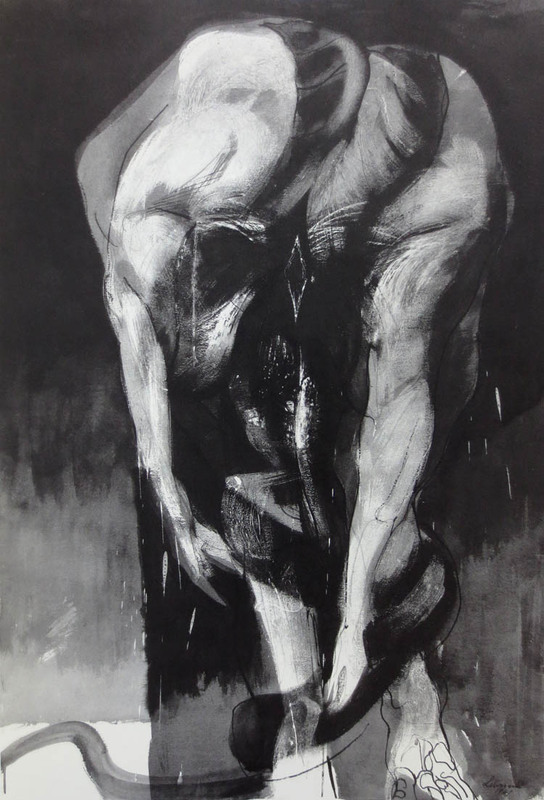Dante Alighieri
The Divine Comedy by Dante Alighieri remains today one of the pillars upon which the European literary tradition has been built. Originally titled simply Commedia, Dante's masterpiece was written at the end of his life and finished just before his death in 1321. In an era of hand-copied manuscripts, it reached a large and appreciative audience quickly. By the year 1400, no fewer than 12 commentaries devoted to detailed expositions of its meaning had appeared to support the text. Giovanni Boccaccio wrote on the poet's life and in 1373-1374 delivered the first public lectures on Dante's Commedia.
Dante's work flourished in the fifteenth century along with the printing press, and he became known as the divino poeta or divine poet. In 1555, a fine edition of his Commedia was published in Venice with the adjective divine applied to the poem's title for the first time, resulting in the title still in use today, The Divine Comedy.
Of Dante's approach to this classic text, Benét's Reader's Encyclopedia (3rd edition) observes:
The cosmology, angelology and theology of the work are based firmly on the system of St. Thomas Aquinas, but Dante considered the Church of his time a 'harlot' no longer serving God--he meets seven popes in the Inferno, for instance--and was therefore frequently considered a heretic. The characters whom Dante meets on his journey are drawn largely from ancient Roman history and from recent and contemporary Italian history, including Dante's personal friends and enemies; their vivid portraiture and the constant allusions to human affairs make the work, although in structure a description of the Beyond, actually a realistic picture and intensely involved analysis of every aspect of earthly human life. Dante's literal journey is also an allegory of the progress of the individual soul toward God and the progress of political and social mankind toward peace on earth; it is a compassionate, although moral, evaluation of human nature and a mystic vision of the Absolute toward which it strives. Thus the universality of the drama and the lyric vigor of the poetry are far more important than the specific doctrinal content.
The Divine Comedy is also important for its place in the history of the development of the Italian language. Dante opposed the assumptions of his day that prescribed Latin as the only appropriate language for serious writing. He advocated the use of a courtly Italian enriched with the best of every spoken dialect to form a serious literary language. This would help to unify the separated Italian territories by the creation of a national culture, an end to which Dante strived his entire life. While falling short of his goal of unification, Dante did use his native Tuscan as a basis for several of his works, including The Divine Comedy. The impact of his work upon the culture of the Italian peninsula helped to establish his Tuscan dialect as the ancestor of modern Italian.

